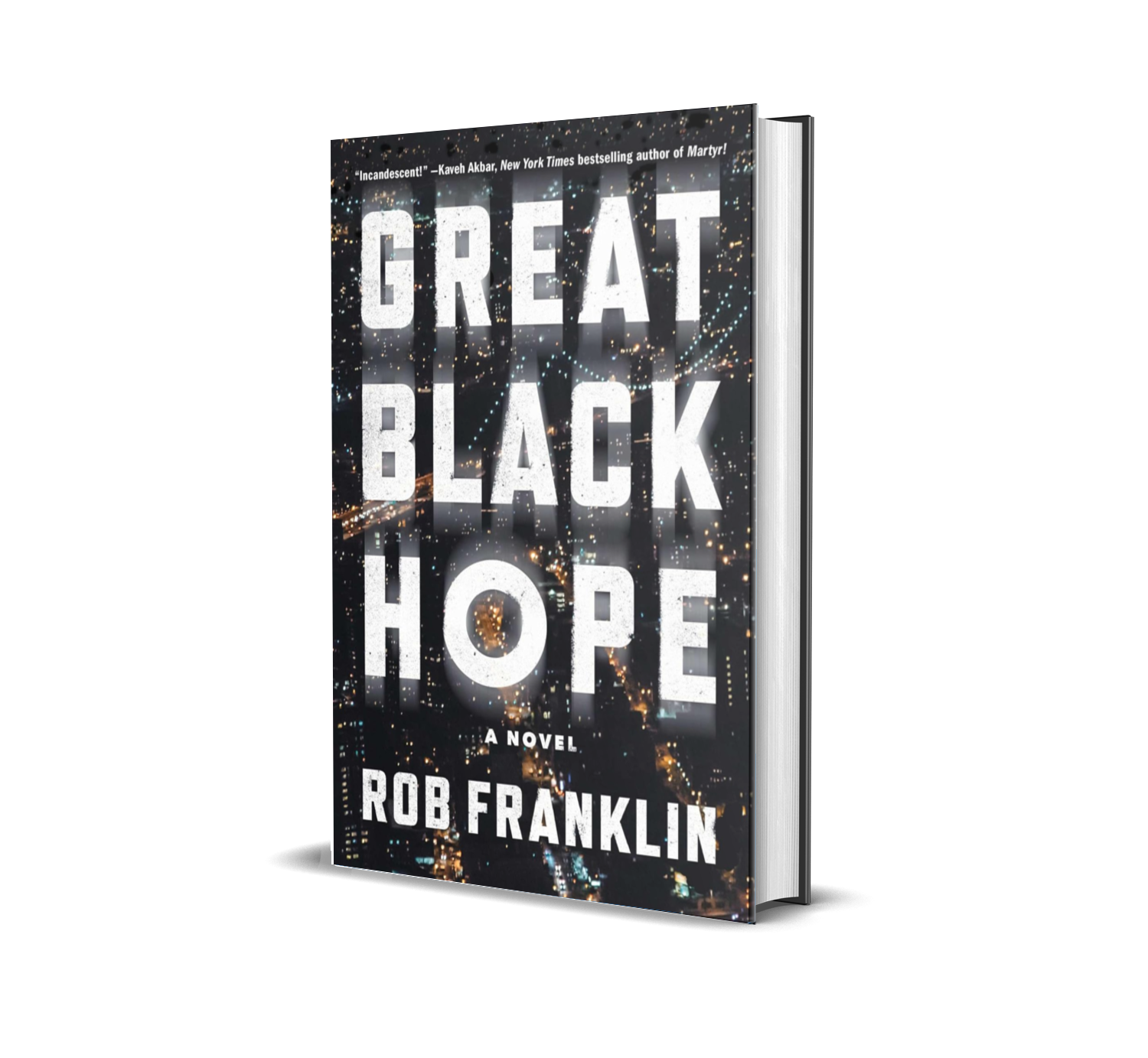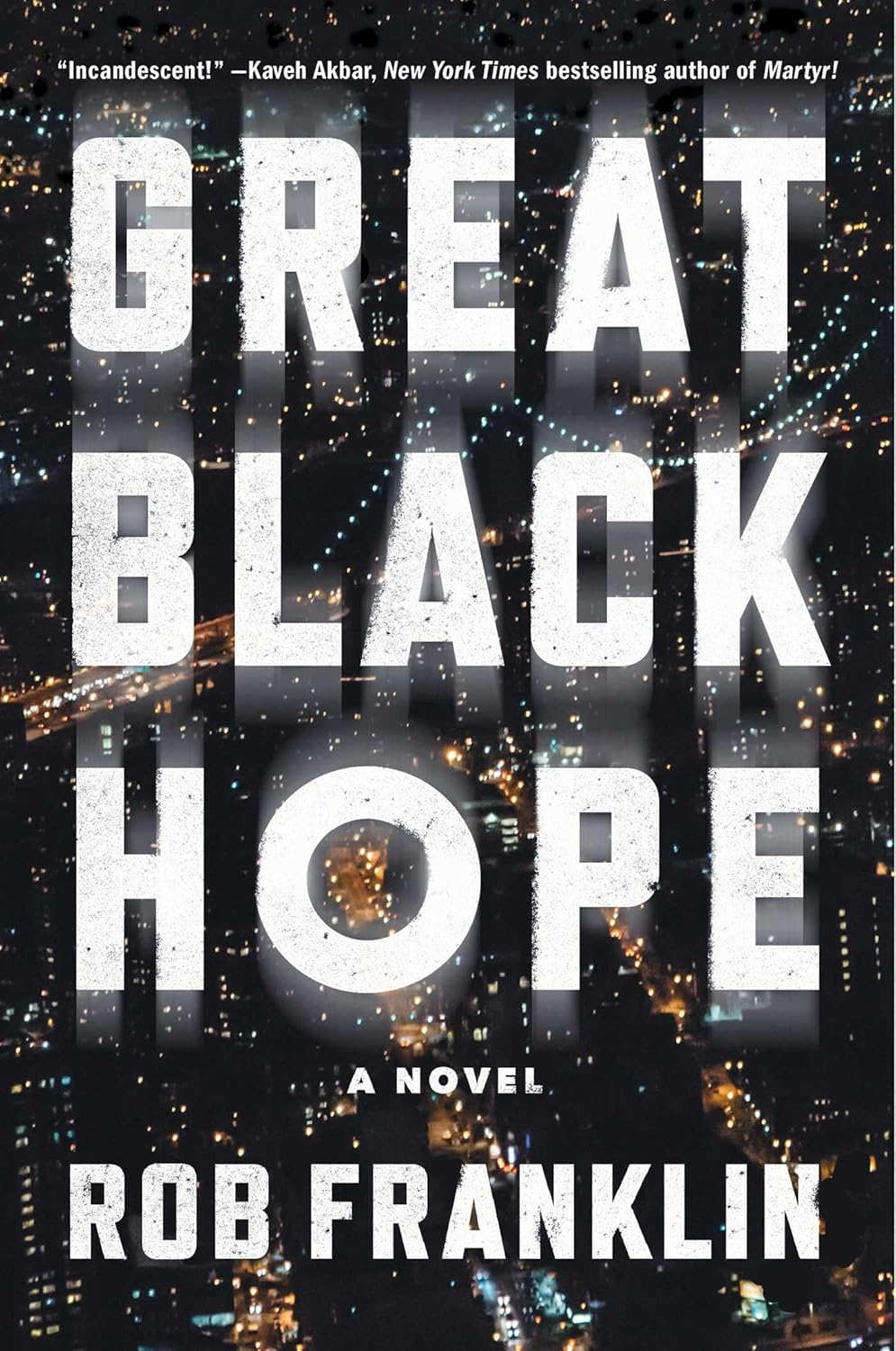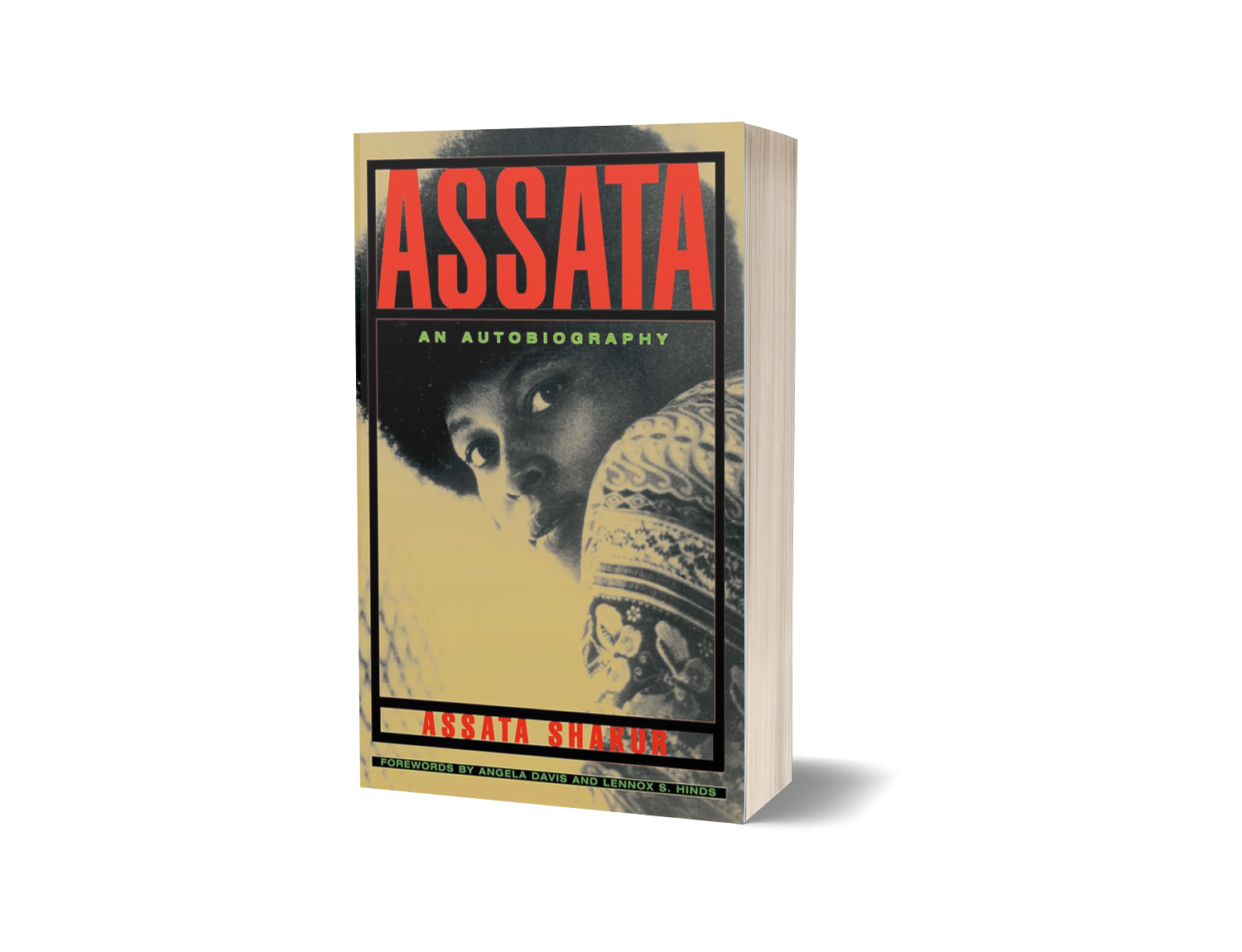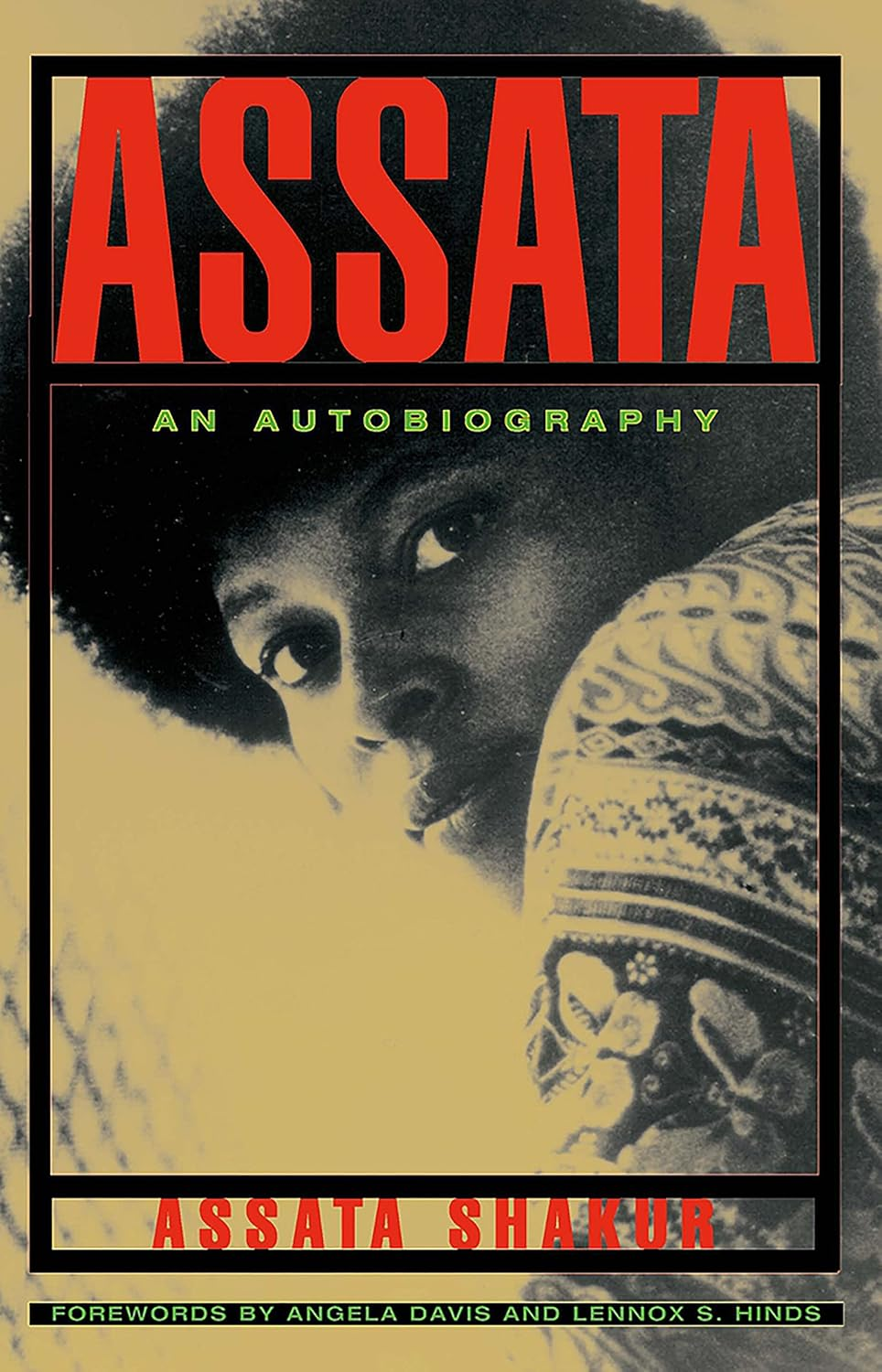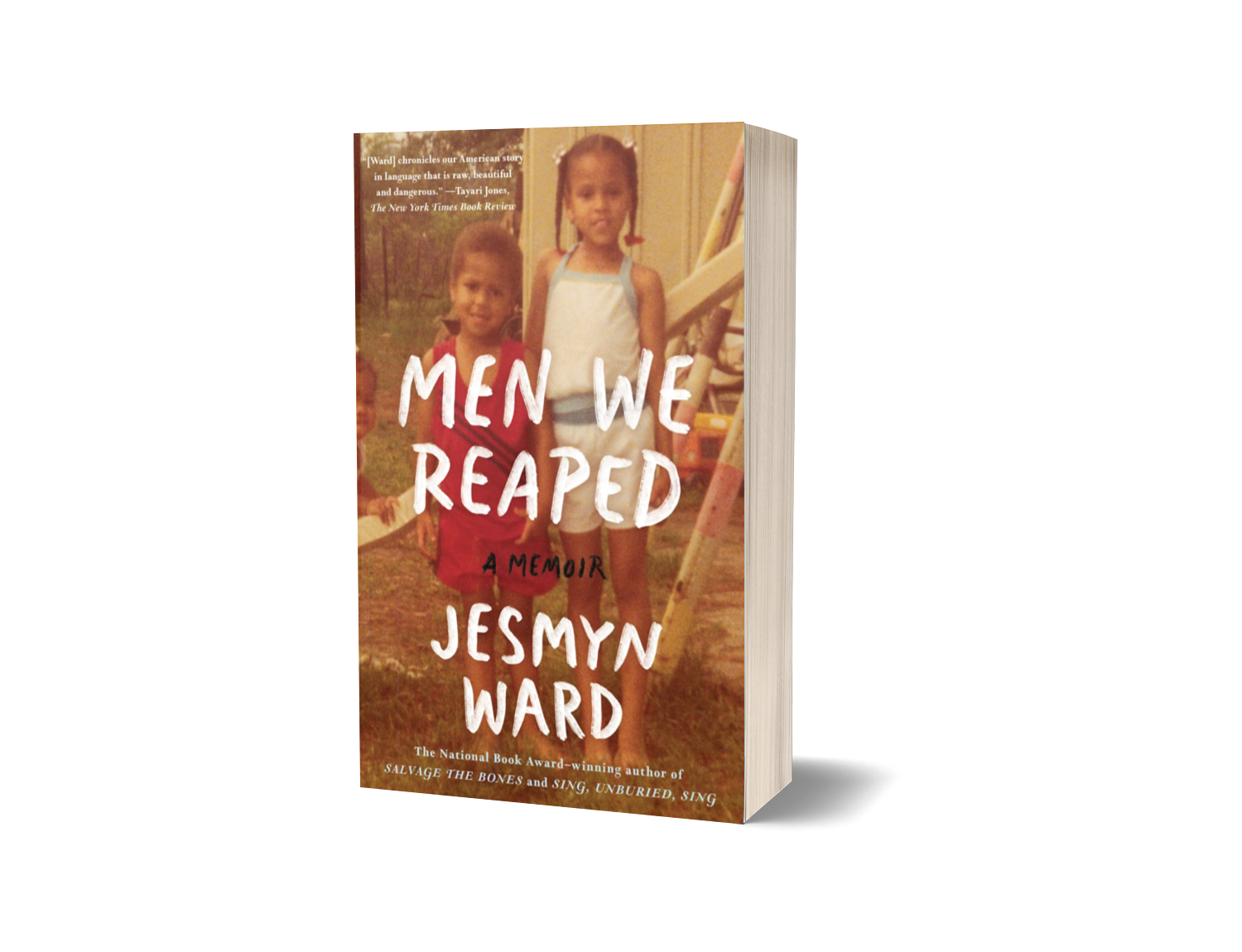 Image 1 of 2
Image 1 of 2

 Image 2 of 2
Image 2 of 2



Men We Reaped by Jesmyn Ward
Named a Best Book of the Century by The New York Times Book Review and New York Magazine
The two-time National Book Award winner and author of Salvage the Bones and Let Us Descend, contends with the deaths of five young men dear to her, and the risk of being a Black man in the rural South.
In five years, Jesmyn Ward lost five young men in her life-to drugs, accidents, suicide, and the bad luck that can follow people who live in poverty, particularly black men. Dealing with these losses, one after another, made Jesmyn ask the question: Why? And as she began to write about the experience of living through all the dying, she realized the truth-and it took her breath away. Her brother and her friends all died because of who they were and where they were from, because they lived with a history of racism and economic struggle that fostered drug addiction and the dissolution of family and relationships. Jesmyn says the answer was so obvious she felt stupid for not seeing it. But it nagged at her until she knew she had to write about her community, to write their stories and her own.
Jesmyn grew up in poverty in rural Mississippi. She writes powerfully about the pressures this brings, on the men who can do no right and the women who stand in for family in a society where the men are often absent. She bravely tells her story, revisiting the agonizing losses of her only brother and her friends. As the sole member of her family to leave home and pursue higher education, she writes about this parallel American universe with the objectivity distance provides and the intimacy of utter familiarity. A brutal world rendered beautifully, Jesmyn Ward's memoir will sit comfortably alongside Edwidge Danticat's Brother, I'm Dying, Tobias Wolff's This Boy's Life, and Maya Angelou's I Know Why the Caged Bird Sings.
Named a Best Book of the Century by The New York Times Book Review and New York Magazine
The two-time National Book Award winner and author of Salvage the Bones and Let Us Descend, contends with the deaths of five young men dear to her, and the risk of being a Black man in the rural South.
In five years, Jesmyn Ward lost five young men in her life-to drugs, accidents, suicide, and the bad luck that can follow people who live in poverty, particularly black men. Dealing with these losses, one after another, made Jesmyn ask the question: Why? And as she began to write about the experience of living through all the dying, she realized the truth-and it took her breath away. Her brother and her friends all died because of who they were and where they were from, because they lived with a history of racism and economic struggle that fostered drug addiction and the dissolution of family and relationships. Jesmyn says the answer was so obvious she felt stupid for not seeing it. But it nagged at her until she knew she had to write about her community, to write their stories and her own.
Jesmyn grew up in poverty in rural Mississippi. She writes powerfully about the pressures this brings, on the men who can do no right and the women who stand in for family in a society where the men are often absent. She bravely tells her story, revisiting the agonizing losses of her only brother and her friends. As the sole member of her family to leave home and pursue higher education, she writes about this parallel American universe with the objectivity distance provides and the intimacy of utter familiarity. A brutal world rendered beautifully, Jesmyn Ward's memoir will sit comfortably alongside Edwidge Danticat's Brother, I'm Dying, Tobias Wolff's This Boy's Life, and Maya Angelou's I Know Why the Caged Bird Sings.
“We saw the lightning, and that was the guns, and then we heard the thunder, and that was the big guns, and then we heard the rain falling, and that was the blood falling; and when we came to get in the crops, it was dead men that we reaped.”
ABOUT THE AUTHOR
Jesmyn Ward received her MFA from the University of Michigan and has received the MacArthur Genius Grant, a Stegner Fellowship, a John and Renee Grisham Writers Residency, the Strauss Living Prize, and the 2022 Library of Congress Prize for American Fiction. She is the historic winner—first woman and first Black American—of two National Book Awards for Fiction for Sing, Unburied, Sing (2017) and Salvage the Bones (2011). She is also the author of the novel Where the Line Bleeds and the memoir Men We Reaped, which was a finalist for the National Book Critics Circle Award and won the Chicago Tribune Heartland Prize and the Media for a Just Society Award. She is currently a professor of creative writing at Tulane University and lives in Mississippi.



